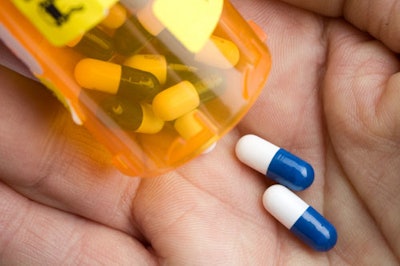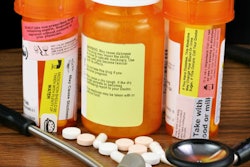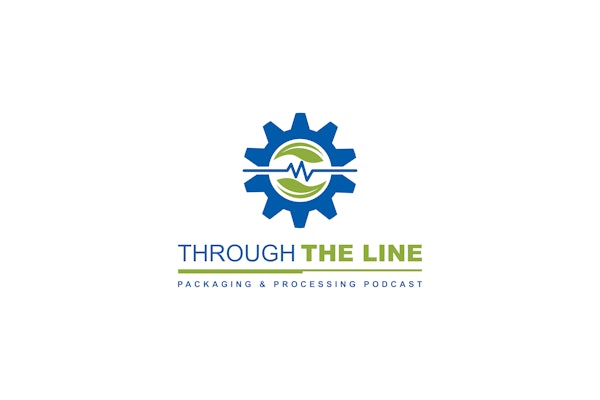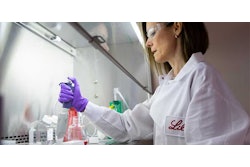
Yesterday, social networks were a buzz with this little gem, suggesting that counterfeiting might actually be a good thing, helping brands build loyalty. But before we get too excited regarding packaged goods, let me explain.
From what I can gather, this was an academic survey regarding luxury handbags. Results suggested that people who knowingly buy fake handbags eventually need the gratification of owning the real thing.
“A researcher at Massachusetts Institute of Technology (MIT) who used to be a brand manager at luxury goods firm Louis Vuitton Moët Hennessy (LVMH) asked hundreds of fake bag buyers about their habits in an unpublished study 'The Real Value Of Fakes'.
Renee Richardson Gosline interviewed the consumers who knew when they bought them that the bags were fakes and found that 46% of them bought authentic branded bags within two years. For some status-seeking people, at least, the social power of luxury goods means that consumption must not just be conspicuous, but real,” said a statement from MIT describing the research.
Interesting study, really. But the differences between this very specific isolated case and the widespread counterfeiting of packaged goods and pharmaceuticals should be obvious.
Consumers do not knowingly buy counterfeited or diverted packaged products. We believe we are already exercising brand loyalty by purchasing the counterfeit (unknowingly). And the brand owner only stands to lose—both in sales revenue, and with the possibility that sub-standard ingredients or packaging may lead to a move way from the brand.
In this age of “information at the speed of light,” I can see this tasty piece of misinformation seeping into our consciousness. Make no mistake about it, the counterfeiting of consumer packaged goods is never a good thing, and in the case of medicine, can be downright dangerous.
Get your daily dose of global packaging trends, follow me on Twitter .
-By Jim Chrzan, Associate Publisher
From what I can gather, this was an academic survey regarding luxury handbags. Results suggested that people who knowingly buy fake handbags eventually need the gratification of owning the real thing.
“A researcher at Massachusetts Institute of Technology (MIT) who used to be a brand manager at luxury goods firm Louis Vuitton Moët Hennessy (LVMH) asked hundreds of fake bag buyers about their habits in an unpublished study 'The Real Value Of Fakes'.
Renee Richardson Gosline interviewed the consumers who knew when they bought them that the bags were fakes and found that 46% of them bought authentic branded bags within two years. For some status-seeking people, at least, the social power of luxury goods means that consumption must not just be conspicuous, but real,” said a statement from MIT describing the research.
Interesting study, really. But the differences between this very specific isolated case and the widespread counterfeiting of packaged goods and pharmaceuticals should be obvious.
Consumers do not knowingly buy counterfeited or diverted packaged products. We believe we are already exercising brand loyalty by purchasing the counterfeit (unknowingly). And the brand owner only stands to lose—both in sales revenue, and with the possibility that sub-standard ingredients or packaging may lead to a move way from the brand.
In this age of “information at the speed of light,” I can see this tasty piece of misinformation seeping into our consciousness. Make no mistake about it, the counterfeiting of consumer packaged goods is never a good thing, and in the case of medicine, can be downright dangerous.
Get your daily dose of global packaging trends, follow me on Twitter .
-By Jim Chrzan, Associate Publisher





















